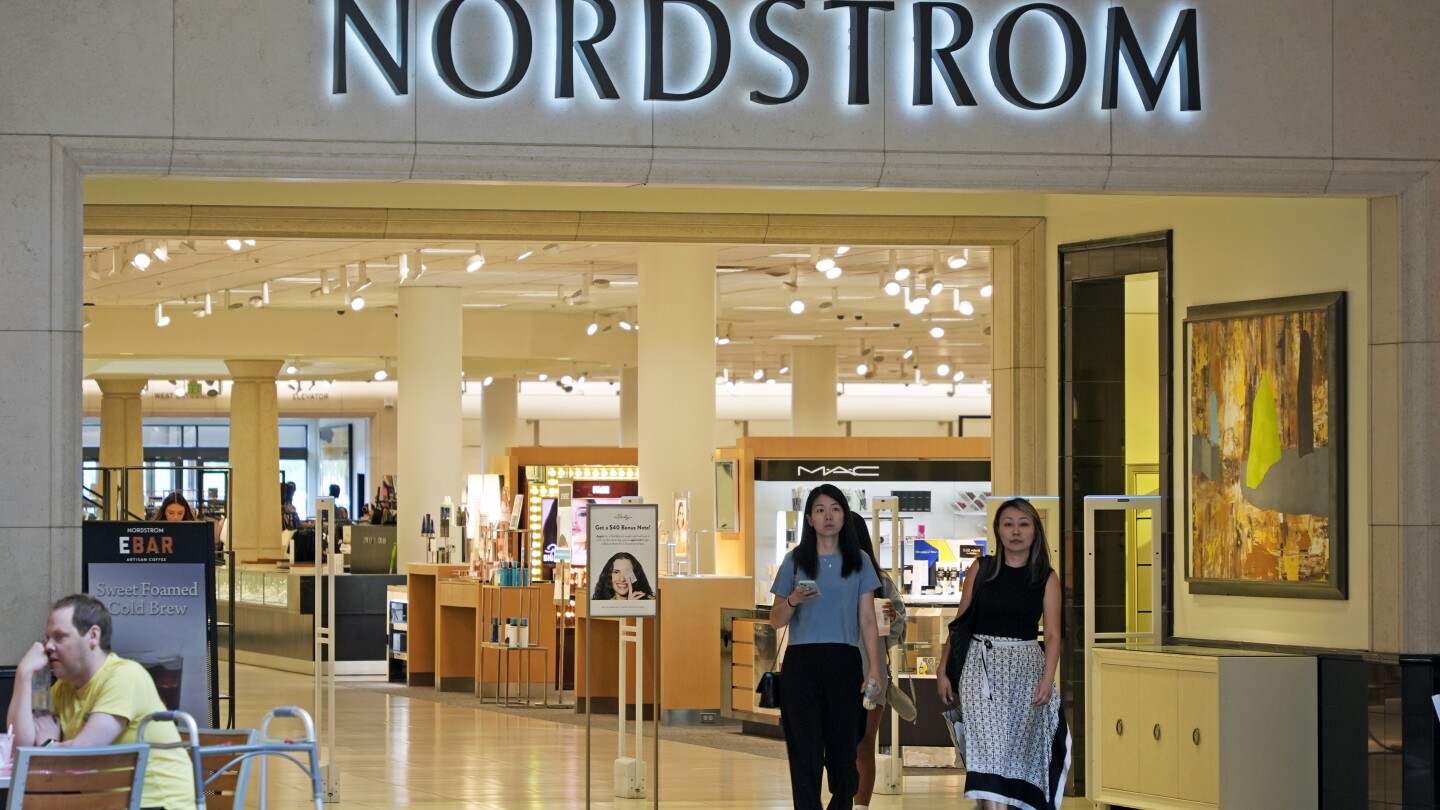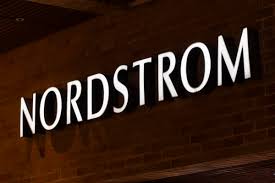Nordstrom has announced its return to private ownership in a deal valued at approximately $6.25 billion. The move to go private comes after years of financial challenges and dwindling investor interest. The founding Nordstrom family, who held a 33% stake, has joined forces with El Puerto de Liverpool, a retail investor with a 10% stake, to acquire all outstanding shares in an all-cash transaction.
El Puerto de Liverpool, a conglomerate known for its real estate and department store holdings including brands like Gap, Banana Republic, and Williams Sonoma, will play a significant role in Nordstrom's journey back to private ownership. The buyout will see each shareholder receiving $24.25 in cash for every share held, reflecting a 36% premium over the stock price at the beginning of the year.
Despite Morningstar analyst David Swartz expressing disappointment in the final offer, citing a valuation lower than anticipated, the deal is likely to go ahead with the approval of two-thirds of the company's shareholders. The Nordstrom board, including members Erik and Pete Nordstrom, has unanimously supported the acquisition, paving the way for the family to have a majority stake in the company post-transaction.
Nordstrom, a 123-year-old retailer based in Seattle, has 381 locations, which include 93 Nordstrom stores and 280 Rack locations. Recent positive growth trends have showcased the brand's resilience, with third-quarter same-store sales increasing by 4% for its namesake brand and 3.9% for Nordstrom Rack. Analysts project the company's fiscal 2024 sales to surpass last year's figures, reflecting a positive trajectory.
Amidst the changing retail landscape, Nordstrom has focused on strengthening its online presence and enhancing customer experience by prioritizing brand offerings and customer preferences. The company's performance has outshone some of its department store counterparts, with a strategic approach to product selection and customer engagement.
Neil Saunders, the managing director of retail at GlobalData, believes that going private will enable Nordstrom to make long-term strategic decisions without the constraints of public market demands. The move is seen as an opportunity for the Nordstrom family and El Puerto de Liverpool to instigate necessary changes and investments to rejuvenate the brand.
The retail industry as a whole has seen significant shifts, with traditional department stores facing tough competition from online giants like Amazon, Walmart, and Target, as well as emerging off-price retailers. Nordstrom's decision to pursue a privatization strategy aligns with the broader trend of companies seeking flexibility and freedom from short-term market pressures.
Ultimately, the acquisition and shift to private ownership mark a pivotal moment for Nordstrom as it navigates the evolving retail landscape. With a renewed focus on innovation, customer experience, and strategic investments, Nordstrom aims to revitalize its brand and secure a stronger position in the competitive industry.


